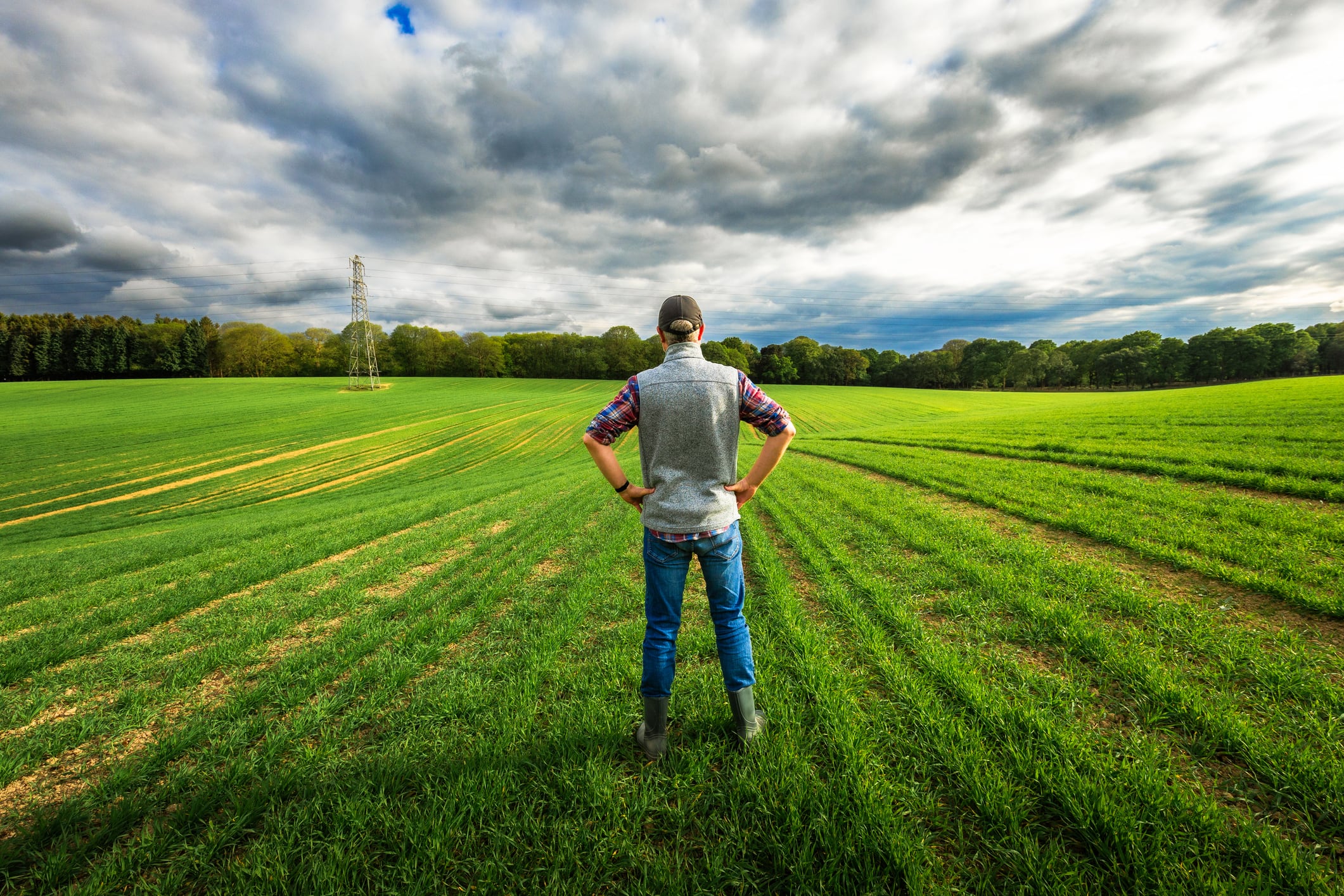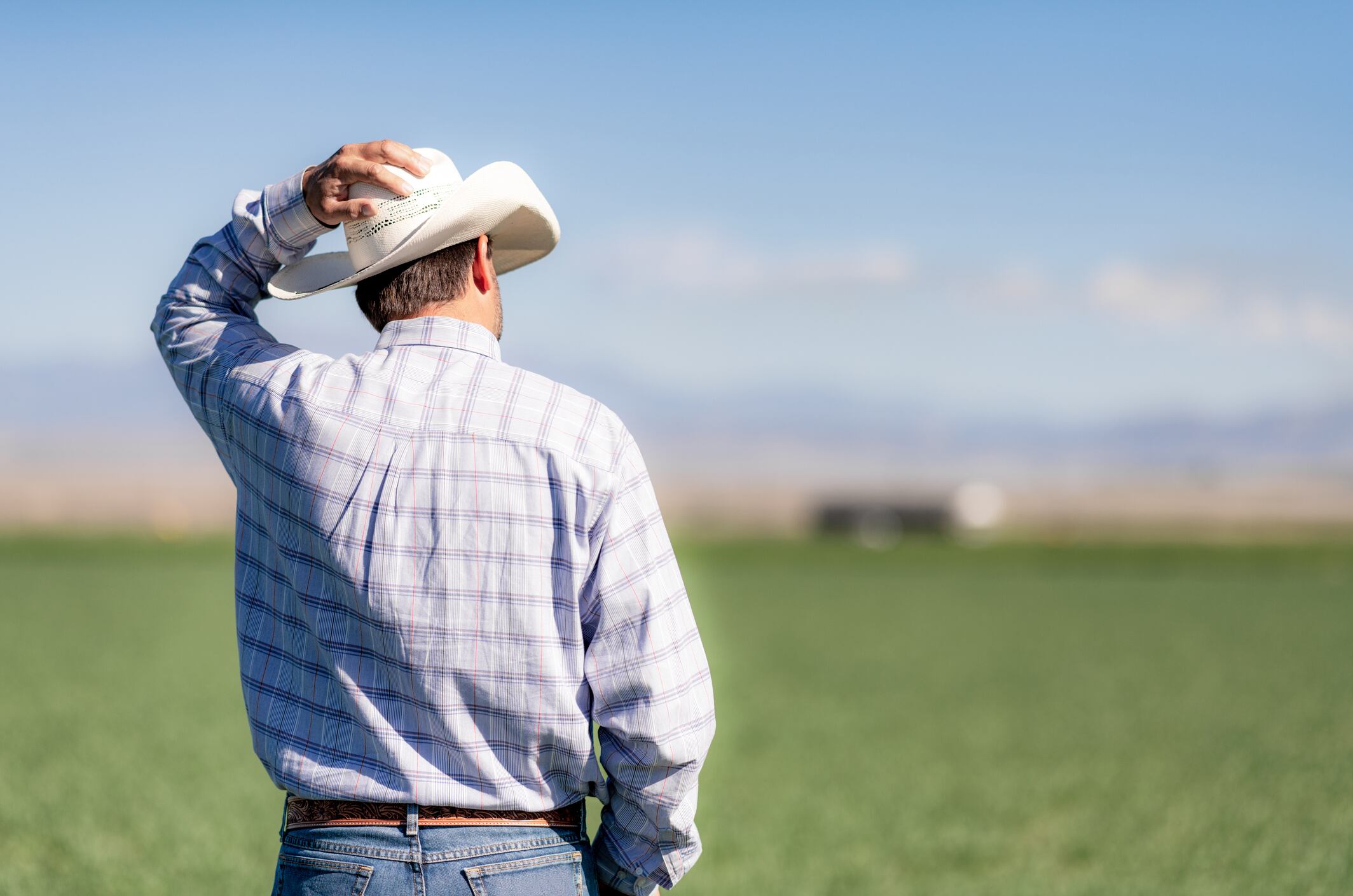Farmers’ ability to adopt newer sustainable practices will be hit by changes to the EU farm budget, groups have warned.
Commission President Ursula von der Leyen unveiled plans on Wednesday last week to cut funding for the EU’s Common Agricultural Policy from €386.6bn to €300bn after 2027 as part of a sweeping revision of the bloc’s next long-term budget.
The Black Wednesday of European agriculture?
The move will safeguard farmers, the European Commission said, as the money is ringfenced, protecting it from being reallocated.
But the total ringfenced amount is reduced compared to previous periods, many complained.
European farmer group Copa and Cogeca condemned the cuts, labelling the announcement “the Black Wednesday of European agriculture” and a “declaration of war” on farmers. It is organising farmer protests.
Transition to sustainable practices harder
The reforms could undermine food security by destabilising the agricultural sector, added leading food industry association FoodDrinkEurope.
Reduced funding could make it harder for farmers to transition to sustainable practices, warned the European Environmental Bureau (EEB).
“The EU cannot reach its climate and environmental objectives without ambitious effort across all sectors, including agriculture,” the EEB’s senior policy officer for agriculture, Théo Paquet, told AgTechNavigator.
“The Commission’s short-sighted decision not to ringfence a single euro to support farmers in making the essential transition to sustainable practices will cost the EU dearly in years to come and leave farmers alone on the frontline of the climate crisis.”
No viable business model for farmers?
Given the tight margins that farmers already operate with, there are fears that without fair economic return for them, sustainability objectives will not be reached without a viable business model.
A spokesperson from CropLife Europe, the European association representing the crop protection sector, told us: “European farmers are vital to our food security and rural economies. The transition to sustainable practices hinges on the right support.
“For that to happen, it requires ambitious funding that enables farmers to adopt cutting-edge technologies, improve productivity, and reduce their environmental footprint.
“Without this support, we risk slowing progress toward the EU’s goals of strategic autonomy and sustainability.”





